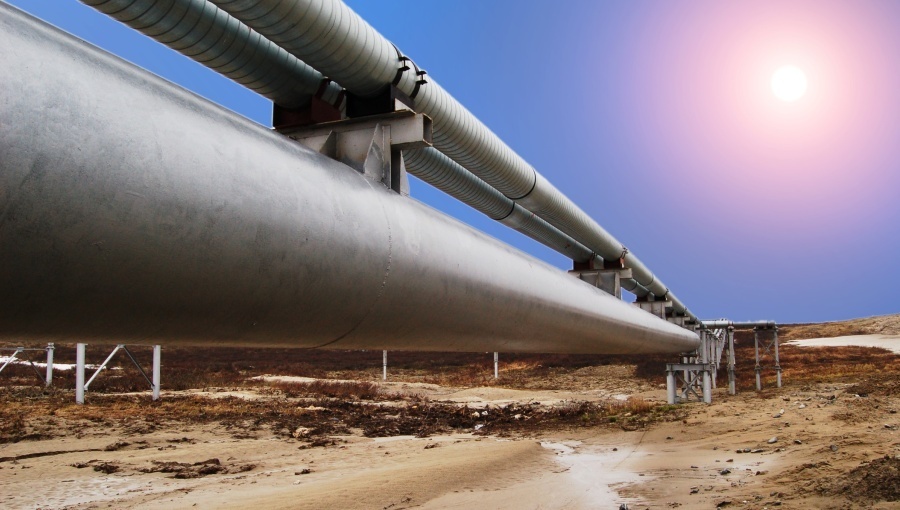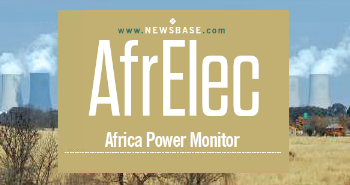Tanzania set to host state-of-the-art oil export terminal as EACOP nears completion

The East African Crude Oil Pipeline (EACOP) project has reached 70% completion, according to Ombeni Sefue, board chairman of the Tanzania Petroleum Development Corporation (TPDC).
Sefue carried out an inspection at the Chongoleani Terminal in Tanga City, Daily News (Tanzania) reported on October 12. Speaking to journalists at the facility, he noted that, with 65.6% of the welding works, equivalent to 946 kilometres, already finalised, the project was on track for completion by July 2026. The Chongoleani terminal is located at the endpoint of the 1,443-kilometre pipeline from Kabaale, Uganda.
“The pace of implementation is encouraging and we are confident that Tanzania will soon host one of the most advanced oil export terminals in Africa,” Sefue was quoted by the media outlet as saying.
Sefue commended the EACOP partners for securing full financing and ensuring that the multi-billion-dollar pipeline remained on schedule for completion by July 2026. He praised their resilience in overcoming intense opposition from activists who waged an anti-EACOP campaign and tried to block project funding from international financiers by citing environmental concerns.
The EACOP partners include French supermajor TotalEnergies (62%), national oil companies of Tanzania (TPDC) and Uganda (UNOC) each holding 15%, and China National Offshore Oil Corporation (CNOOC) with an 8% stake.
According to Sefue, the EACOP project showcases Africa’s determination to manage its natural resources responsibly while driving economic growth. The chairman stressed that the project partners continue to invest in community development projects, such as a water system benefitting 26,000 residents in Chongoleani, along with a new health centre.
Sefue said the project was already delivering major benefits for Tanzanians. It has generated significant government revenue through taxes and fees while boosting local economies along the pipeline route. Nearly all affected households (99.4%, according to Sefue) have been fully compensated, with new homes built for families in Tanga Region.
Furthermore, the project has created thousands of jobs for Tanzanians, awarded contracts to over 200 local companies, and is upgrading key regional infrastructure, including roads and power substations, to improve connectivity and electricity access along the pipeline corridor. Vocational training programmes are also preparing young people for skilled employment in the growing oil, construction, and energy sectors.
Sefue urged journalists to share accurate information and counter misinformation about EACOP, stressing that the project followed strict national and international environmental and social standards. He described it as one of the safest and most responsibly managed oil projects globally.
EACOP Tanzania country manager Geoffrey Mponda added that EACOP used advanced technologies and safeguards to protect rivers, wildlife, and forests, while incorporating solar power to cut carbon emissions and ensure sustainable operations.




Follow us online